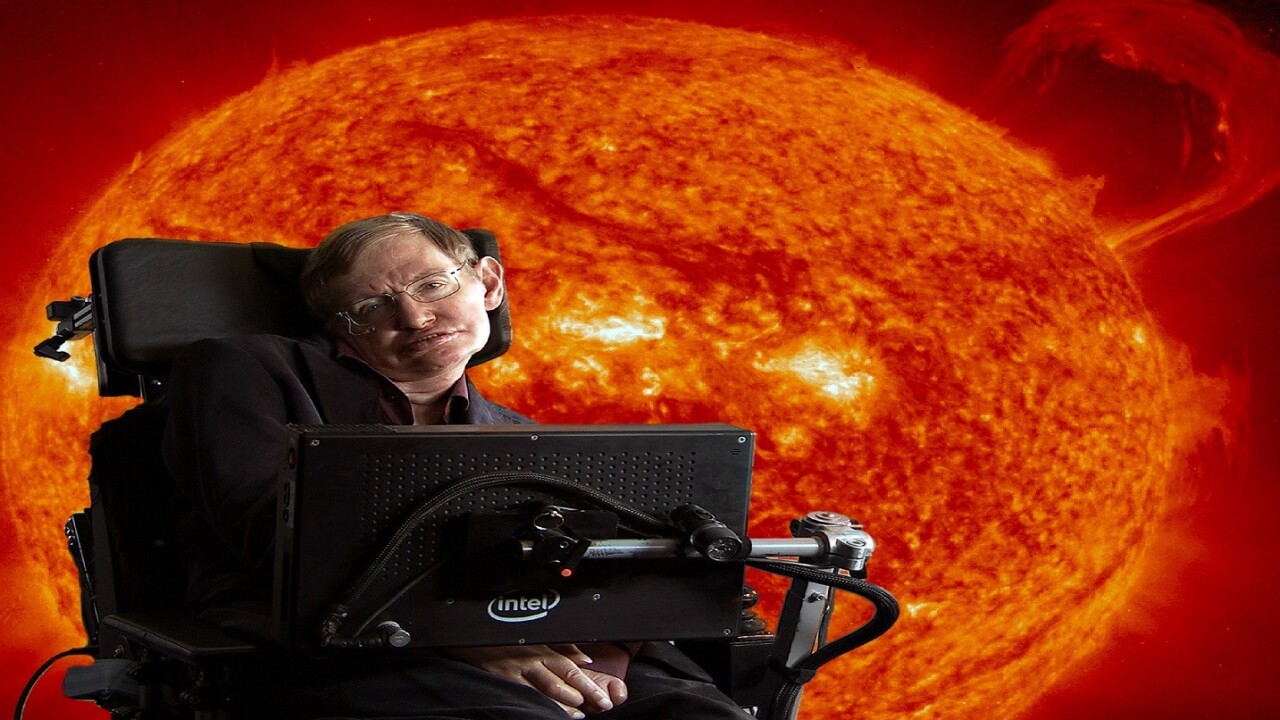Stephen Hawking was a renowned theoretical physicist and cosmologist who made significant contributions to our understanding of the universe. One of his most famous works is the book "A Brief History of Time," which was first published in 1988. The book became an instant bestseller and has since sold millions of copies worldwide.
Born in 1942 in Oxford, England, Hawking was diagnosed with a rare form of motor neuron disease at the age of 21. Despite being wheelchair-bound and unable to speak without the aid of a computerized voice synthesizer, he continued his research and became one of the most influential scientists of the 20th century.
"A Brief History of Time" is a popular science book that explains some of the most complex concepts in physics in a way that is accessible to non-scientists. The book covers topics such as the origins of the universe, the nature of time, and the possibility of time travel.
Hawking's book was groundbreaking in that it presented some of the most complex ideas in physics in a way that was easy to understand. He used analogies and illustrations to explain difficult concepts, such as the curvature of space-time and the behavior of subatomic particles.
One of the central themes of the book is the quest for a "unified theory," which would explain all the fundamental forces of nature in a single framework. Hawking discusses the work of other physicists, such as Einstein and Newton, and presents his own ideas on the nature of the universe.
Despite its popularity, "A Brief History of Time" was not without controversy. Some critics argued that the book was too difficult for the average reader, while others accused Hawking of oversimplifying complex ideas. Nevertheless, the book has had a profound impact on popular culture and inspired many people to take an interest in science.
Hawking continued to make significant contributions to physics throughout his career. He developed the theory of black hole radiation, which suggests that black holes are not completely black but emit a type of radiation. He also worked on the problem of reconciling quantum mechanics with general relativity, which is one of the most important unsolved problems in physics.
Sadly, Hawking passed away in 2018 at the age of 76. His legacy, however, lives on through his groundbreaking work in theoretical physics and his popular science books, such as "A Brief History of Time." Hawking's contributions to our understanding of the universe continue to inspire scientists and non-scientists alike, and his work will undoubtedly have a lasting impact on the field of physics for generations to come.

Comments